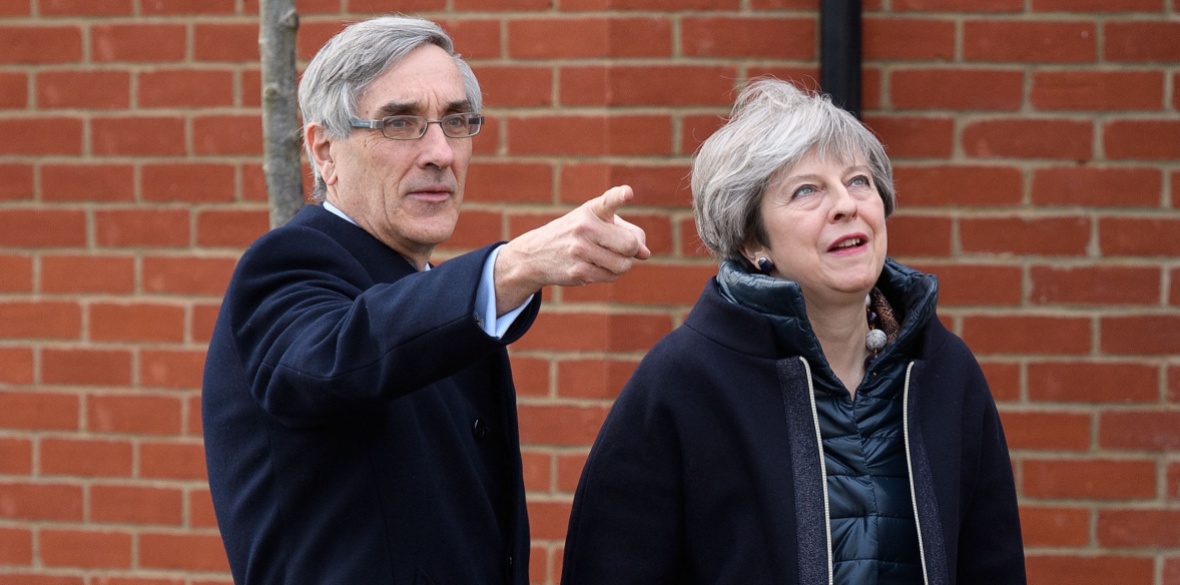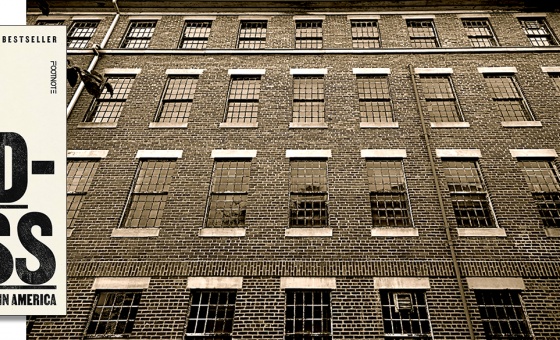This is the last article you can read this month
You can read more article this month
You can read more articles this month
Sorry your limit is up for this month
Reset on:
Please help support the Morning Star by subscribing here
THE decision by Theresa May to award a knighthood to veteran Tory MP and free marketeer John Redwood is of course nothing whatsoever to do with recognising what he has added to national life over the decades.
His most notable contribution in that respect was to fail to remember the words of the Welsh National Anthem when he was required to sing it during the period he was Tory Welsh Secretary in the 1990s. There is a clip online and it is funny but not I think worthy of a knighthood in itself.
Rather the Prime Minister has in mind the narrow political calculations of the Tory Party in 2018 as she attempts to push her Brexit deal through Parliament.
Ms May is not known, unlike for example Jacob Rees Mogg, for making historical references in connection with modern day political decisions. Even so Sir John Redwood leads us inescapably back to the pre-1832 Reform Act where parliamentary democracy hardly existed. Few men had the vote, all of them wealthy, and numbers of MPs sat for constituencies with hardly any electors, rotten boroughs.
The gentleman farmer William Cobbett, who was essentially himself a Tory, labelled the system that operated before the Great Reform Act started a process of democratisation as Old Corruption.
In his book Rural Rides and in his journal the Political Register Cobbett attacked the system of Old Corruption.
The historian Philip Harling has summarised it like this: “The grant of sinecures, reversions, Church patronage, lucrative government contracts, an indirect-tax regime that obliged the common people to pay a disproportionate share of the state’s fiscal burden, and a series of commercial and financial policies that served the interests of large landowners and City financiers at the expense of the unenfranchised.”
Essentially those who were in favour with the governments of the day, and often their relations as well, got jobs which were sinecures – money for little or no work – pensions and often the titles which went with them.
In 2018 we may see some kind of link to how the system of privatisation works with how Old Corruption operated.
However the handing out of honours nowadays is just that. Sir John Redwood can now describe himself as such but beyond that there is no actual direct personal benefit to him related to the honour.
The point is made, and indeed has been made again with this latest honours list, that for many of those honoured it is a recognition of years of selfless and otherwise unrecognised public service. It might be reflected however that while it is always nice to be noticed for doing public good, most would probably have preferred decent pay for doing often essential tasks.
Many but not all Labour politicians have refused to participate in the honours system. The late Michael Foot for example made it clear that he opposed both honours and the House of Lords, and did not plan to perpetuate either by taking any kind of honour when he stepped down from active politics.
Be that as it may the system does still exist and Labour continues to play some part in it. Jeremy Corbyn quite rightly has endeavoured to mildly subvert it. Earlier in 2018 he appointed Martha Osamor as a life peer. Baroness Osamor of Tottenham as she now is was blocked during the New Labour period from becoming Labour candidate for Vauxhall because she was felt to be too left-wing.
Her appointment to the Lords does at least put John Redwood’s knighthood in perspective.








